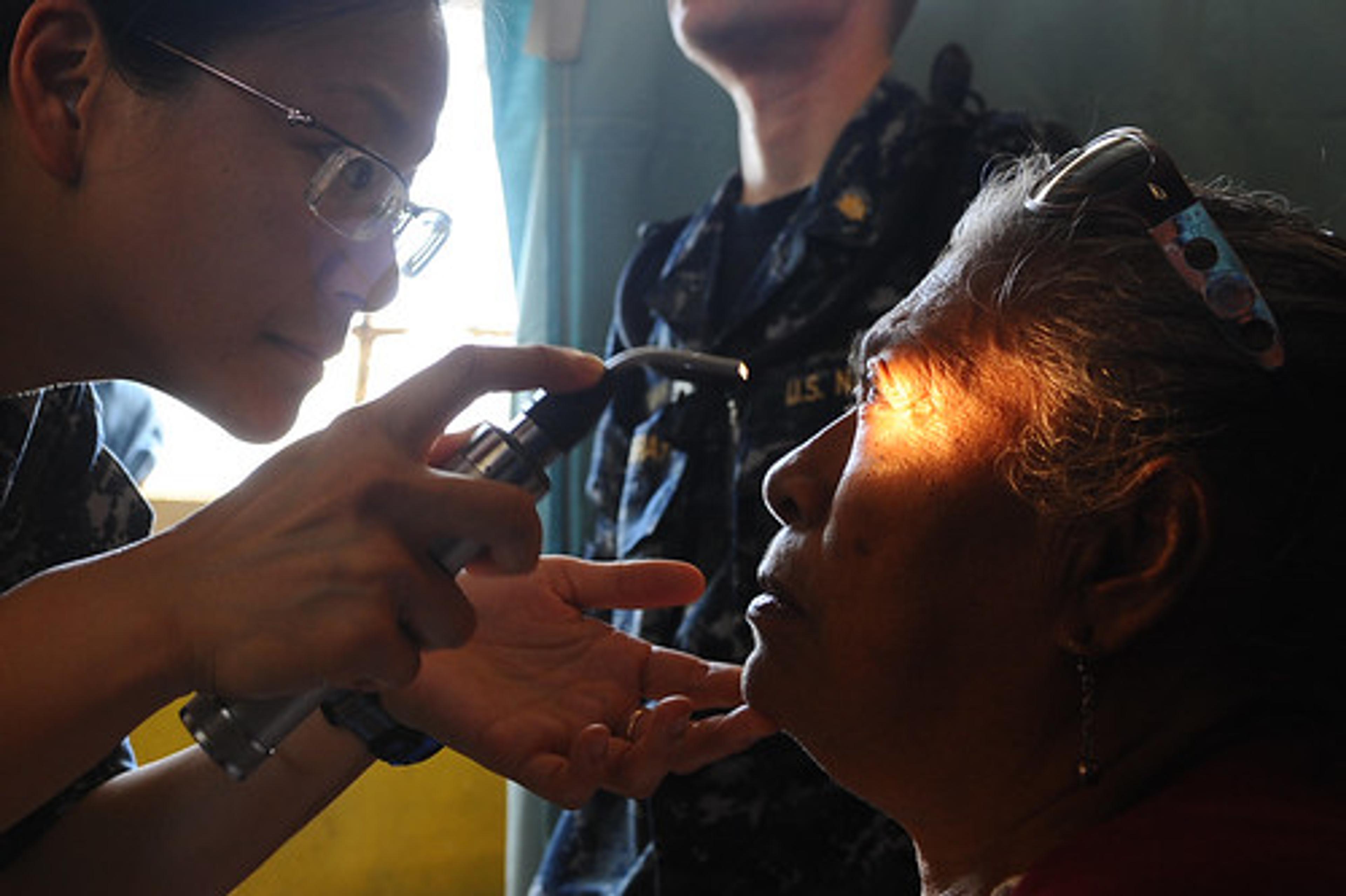5 Things You Can Do to Be an Informed, Safe and Activated Patient
Sven Gustafson
| 3 min read

Health care in the United States is a study in contradictions. On the one hand, Americans benefit from some of the finest care available in the world. On the other hand, costs remain higher than other advanced countries, with poorer outcomes, huge gaps in access and far too many medical errors. Fortunately, there are simple things you can do to improve your chances of staying safe when receiving care.
An influential 2000 report from the Institute of Medicine found that at least 44,000 Americans die each year as a result of medical errors, more than from motor vehicle accidents, breast cancer or AIDS. While more recent efforts like the Michigan Health and Hospital Association’s Keystone Center for Patient Safety & Quality are showing success in tackling these problems, it’s important to realize that all patients have a stake in their own safety and well-being.
Keeping Safe
So to mark Patient Safety Awareness Week, and in consultation with medical staff from Blue Cross Blue Shield of Michigan, here are five things you can do as a patient to increase your chances of staying safe:
- Become an activated patient. Being an activated patient means becoming a more informed decision-maker and manager of your own health. In a report published in 2008, the Center for Studying Health System Change wrote that “prior research has shown that higher levels of activation are associated with higher levels of preventive health behaviors and preventive care, as well as increased self-management of health conditions.” Researchers wrote that more highly activated patients “have greater success in navigating a highly complex and often confusing health care system,” while less activated patients who have chronic conditions are more likely to report unmet medical needs, delay getting care and have unmet needs for medications.
- Stay up to date on your preventive care visits. Seeing your primary care doctor for regular checkups is the best way to stay on top of your health, since you’ll be able to catch problems early, when they’re easiest and typically the least costly to treat. If you have insurance, there’s also no excuse to skip your routine physical exams: They’re now fully covered, with no cost-sharing required from the patient, as part of the Affordable Care Act.
- Ask your doctor to wash his or her hands. This may seem nitpicky — after all, it’s standard procedure among physicians — but doctors are busy people, and they’re only human. They often forget. And washing hands is a key way to avoid spreading bacteria or disease. If your doctor doesn’t lather up in front of you, a gentle reminder is a great idea.
- Ask your doctor questions. If you don’t understand what the doctor is telling you, ask questions until you do. Even if you think you understand, it’s a good idea to repeat what the doctor has told you to make sure you’ve got it right. The National Patient Safety Foundation offers Ask Me 3 patient education tips.
- Carry a list of all prescription drugs you take. Include any vitamins, herbal products or homeopathic remedies. Knowing this makes it less likely that you are prescribed medications that could cause complications with other drugs or treatments.
What steps do you take to be an activated, safe patient?
Photo by Official U.S. Navy Imagery





